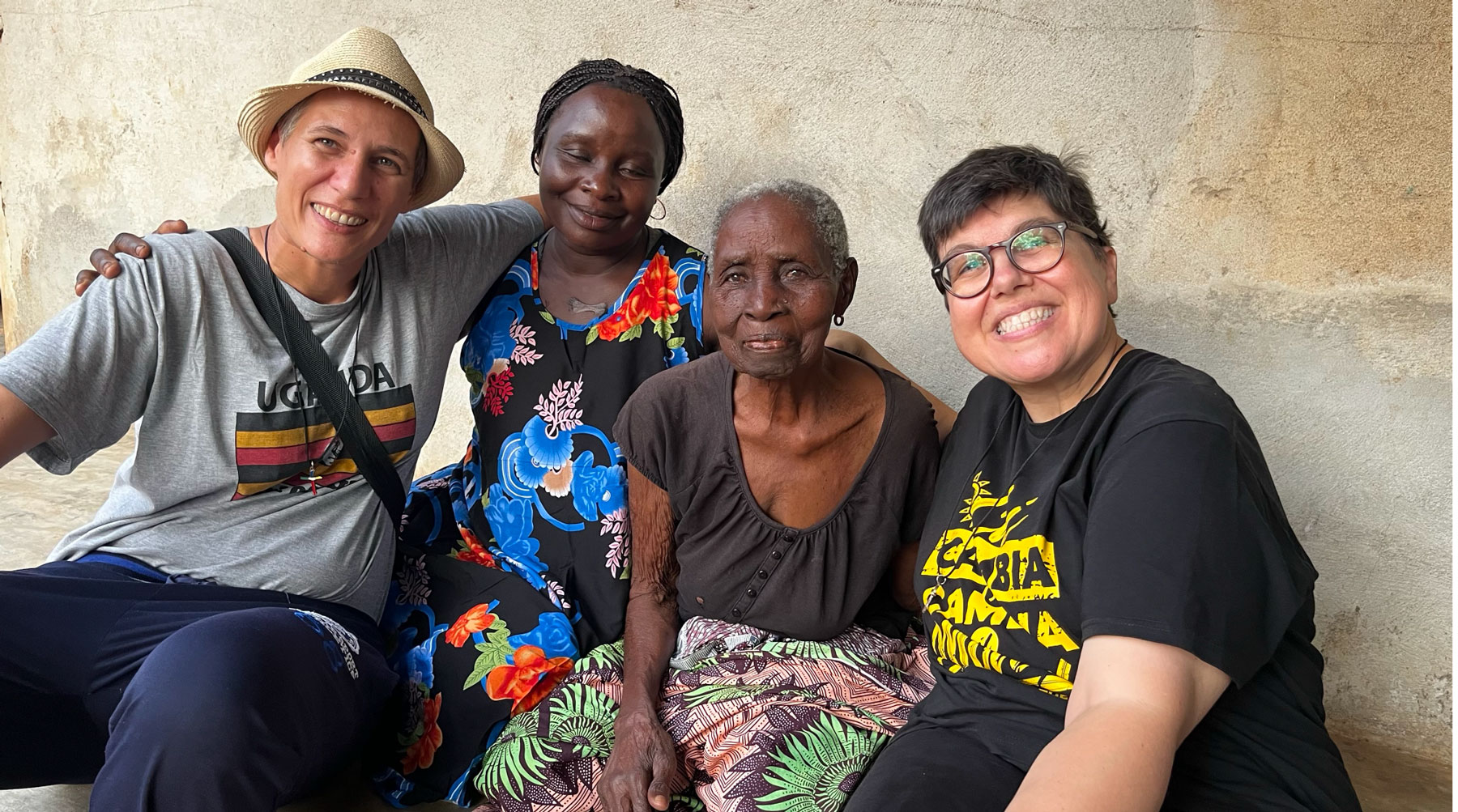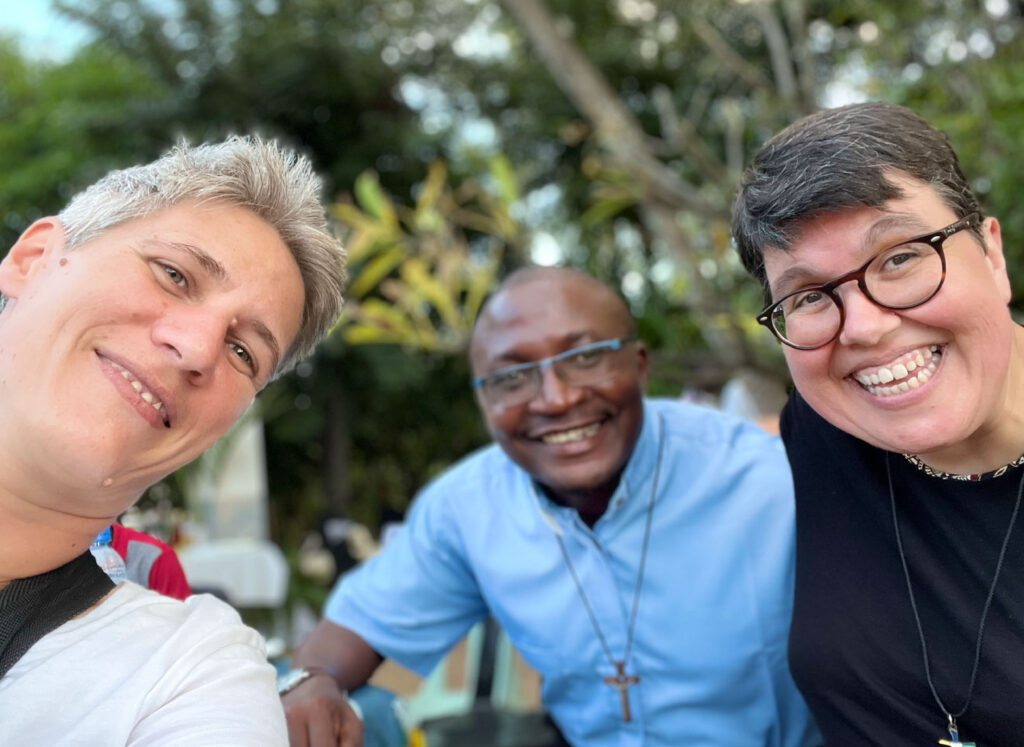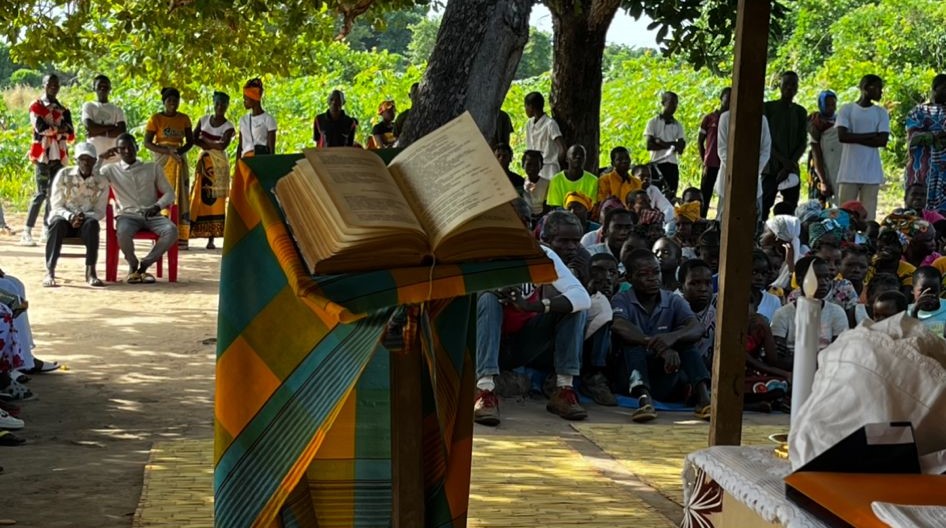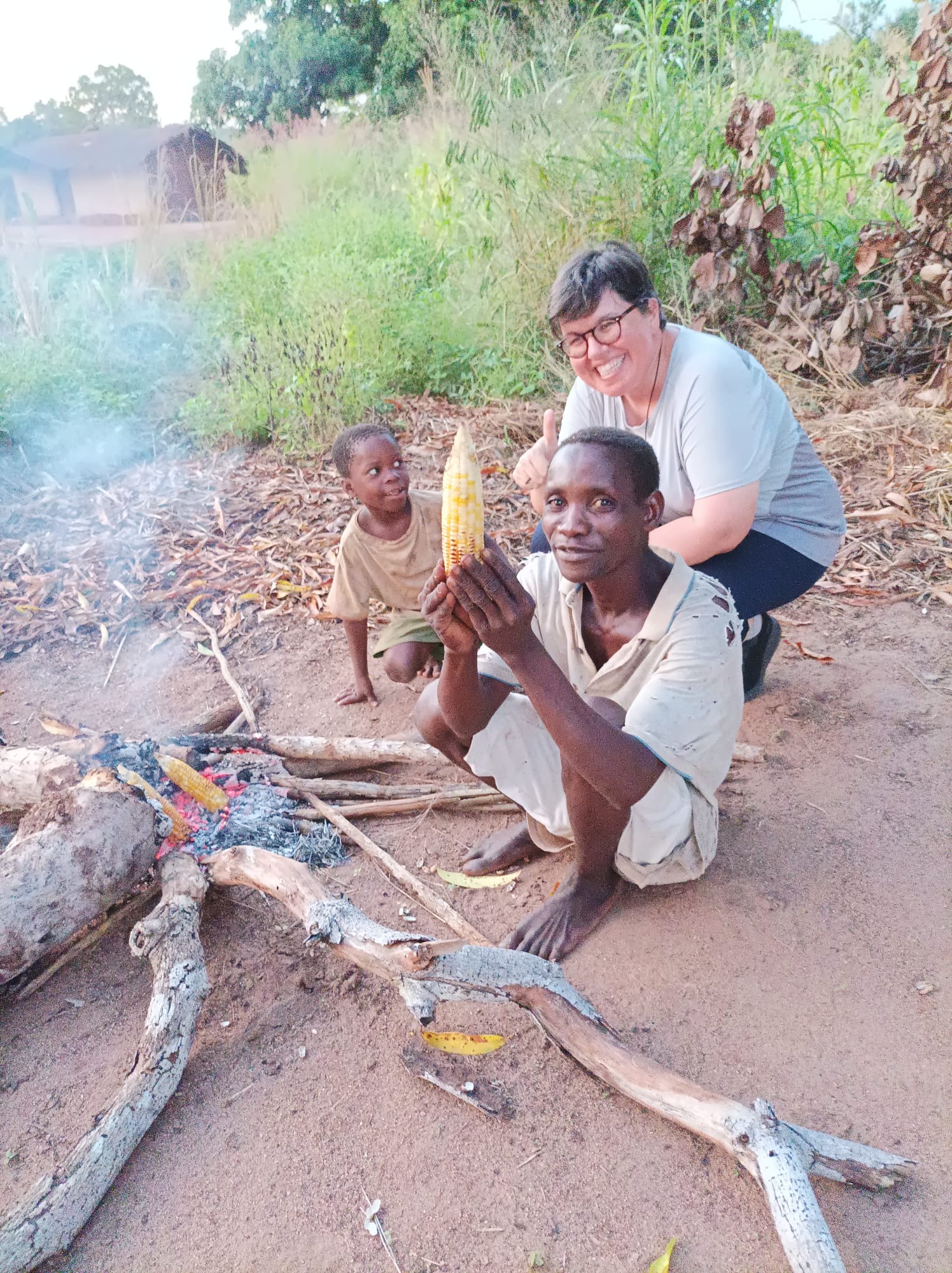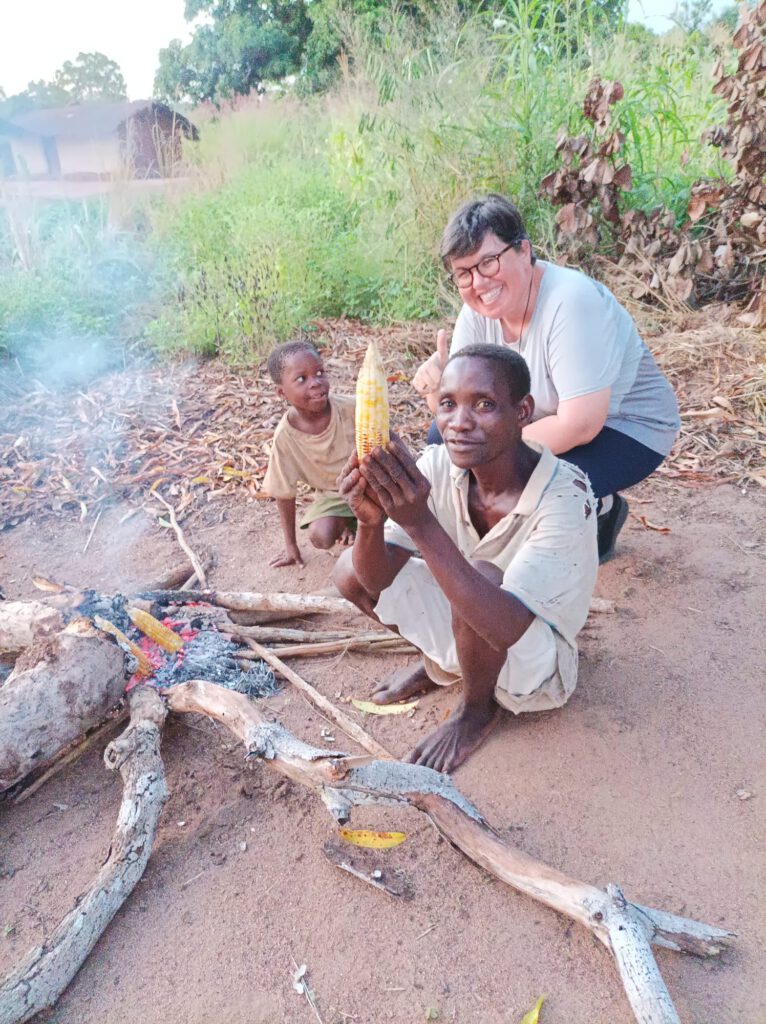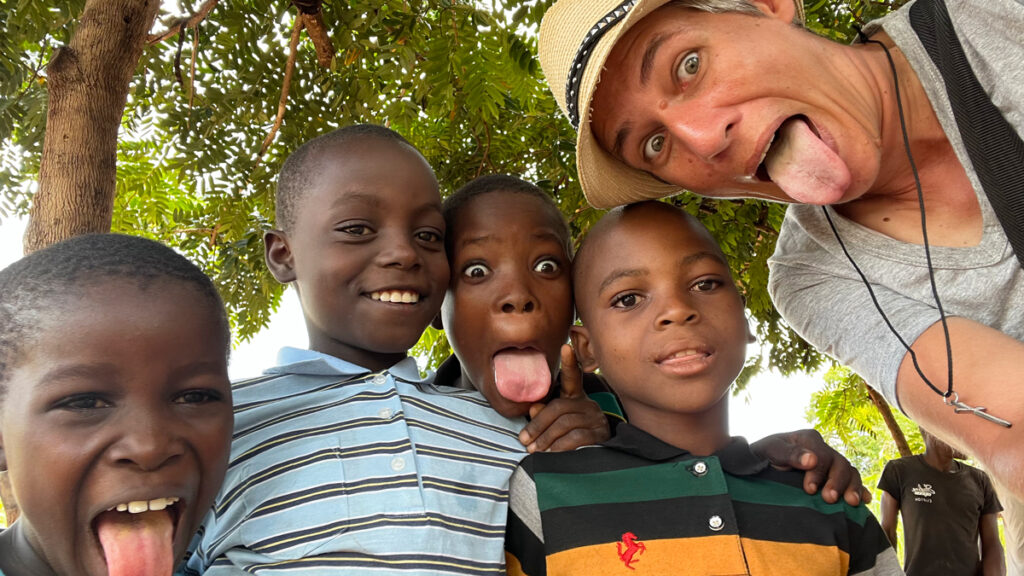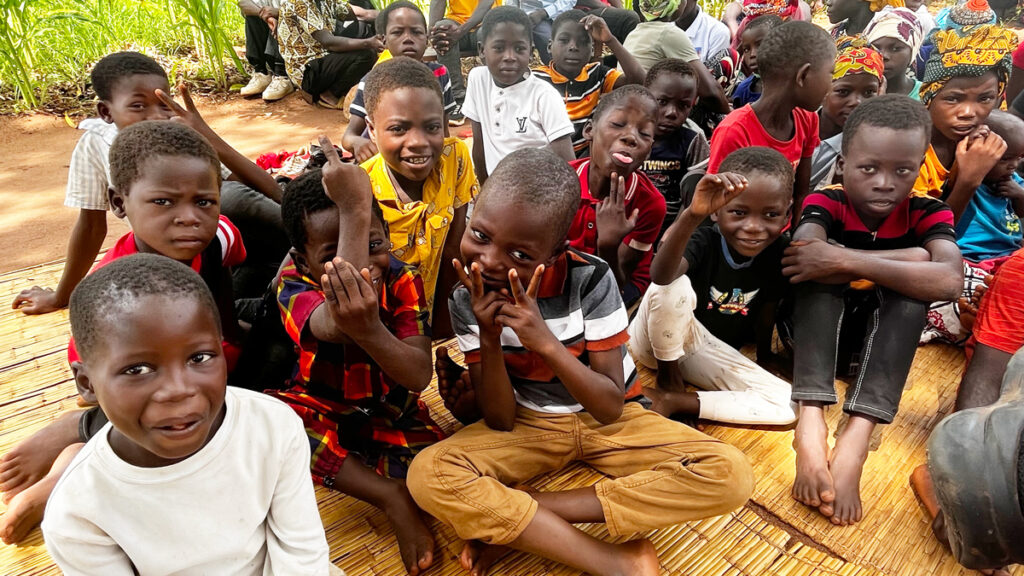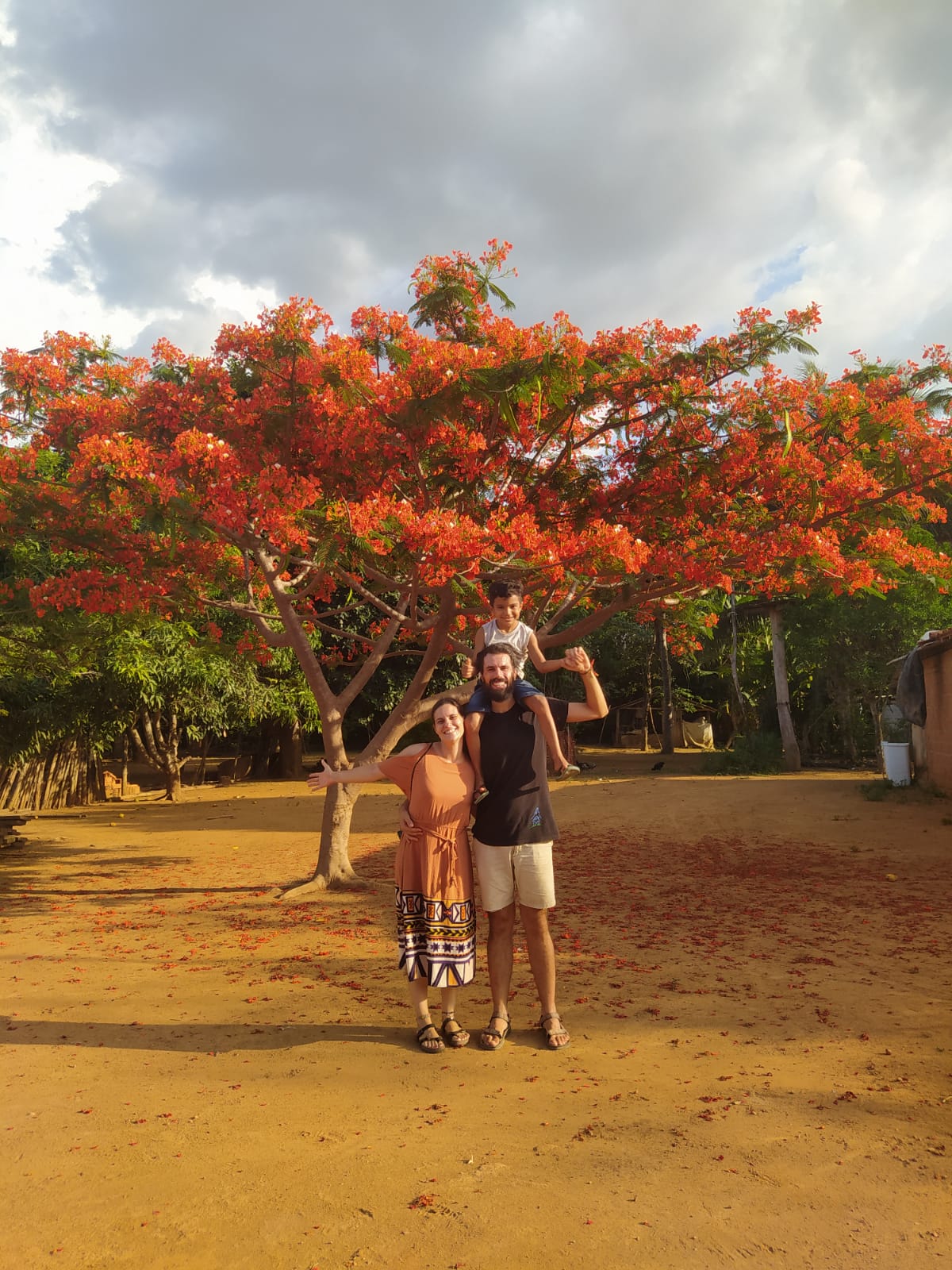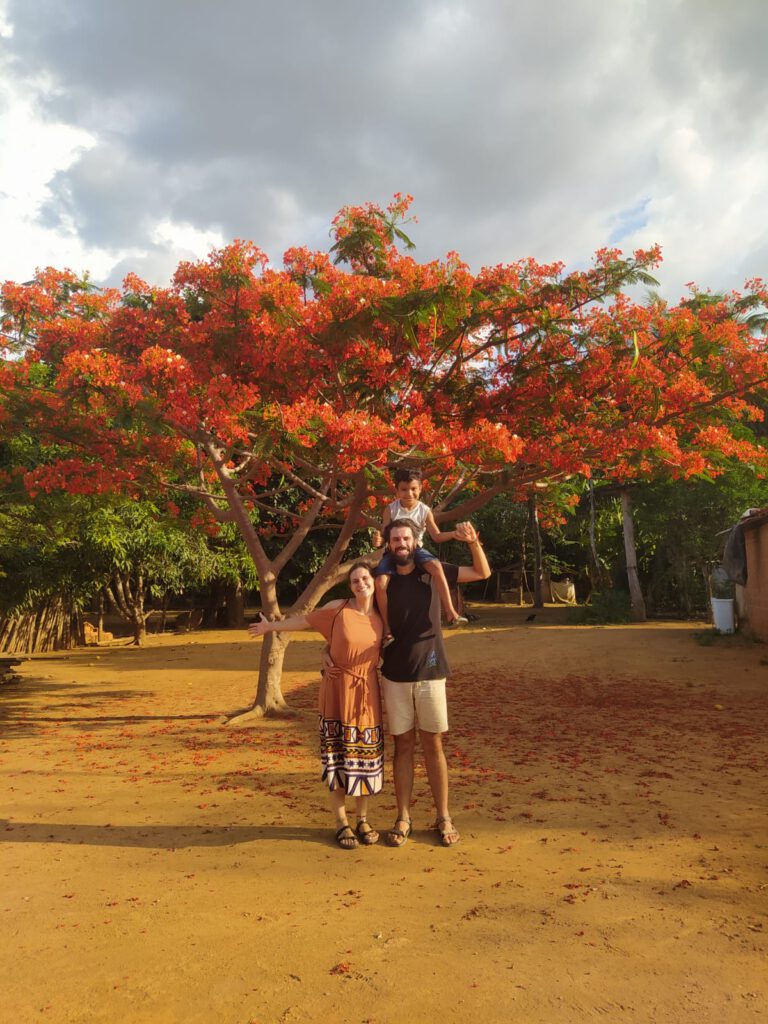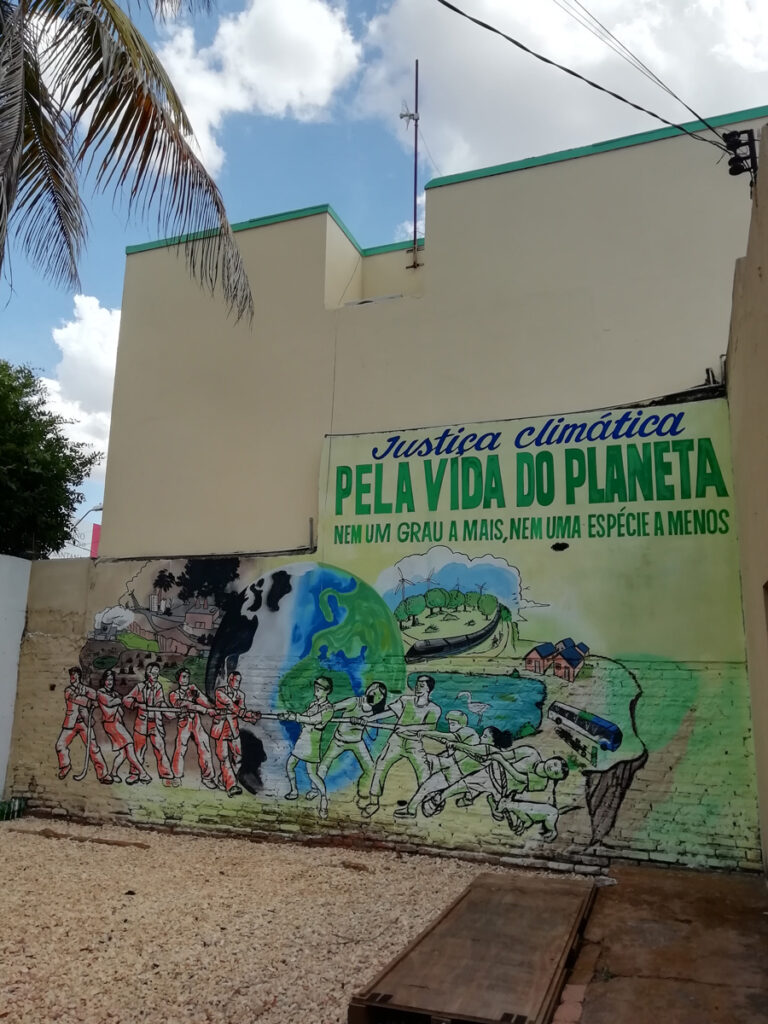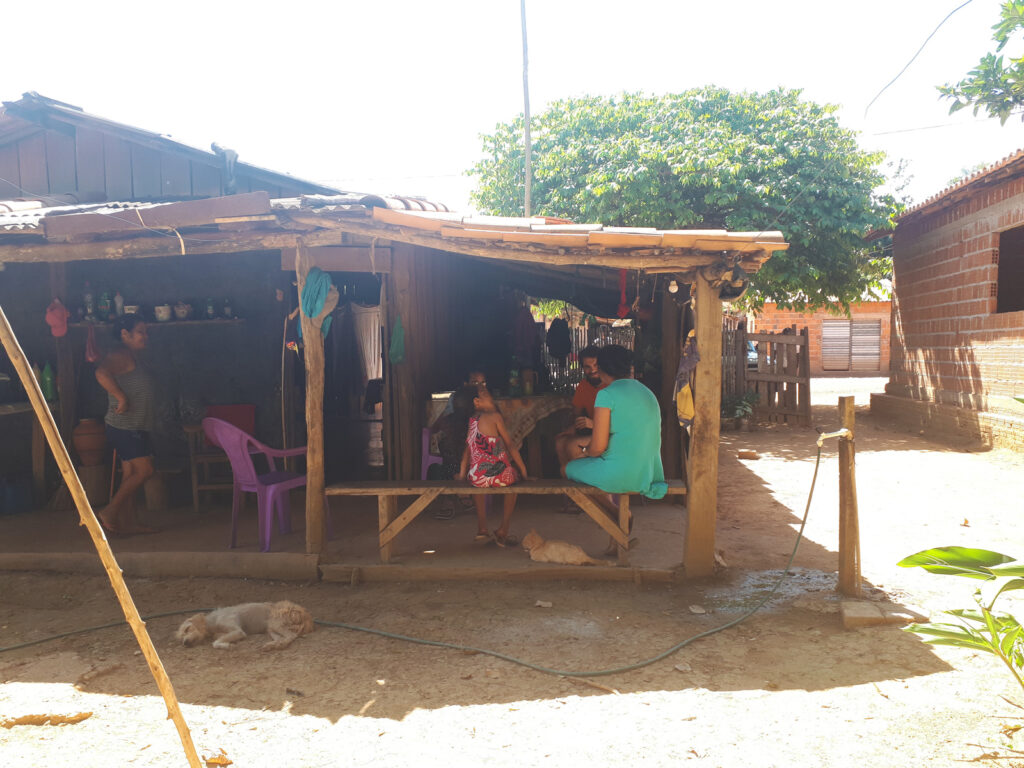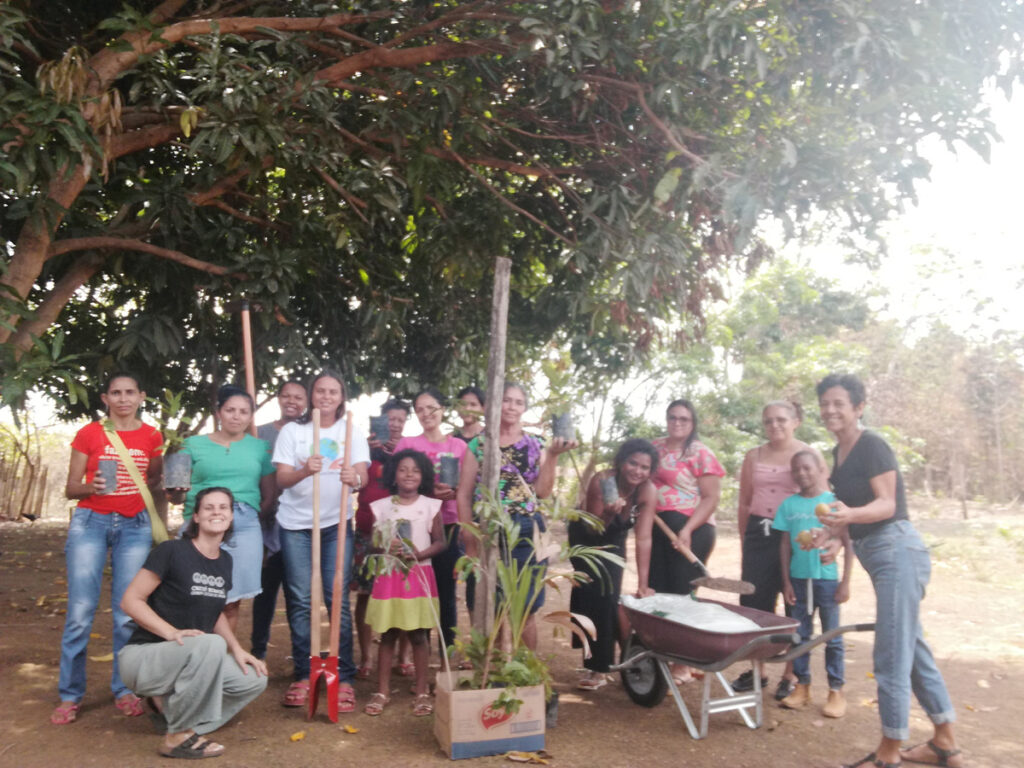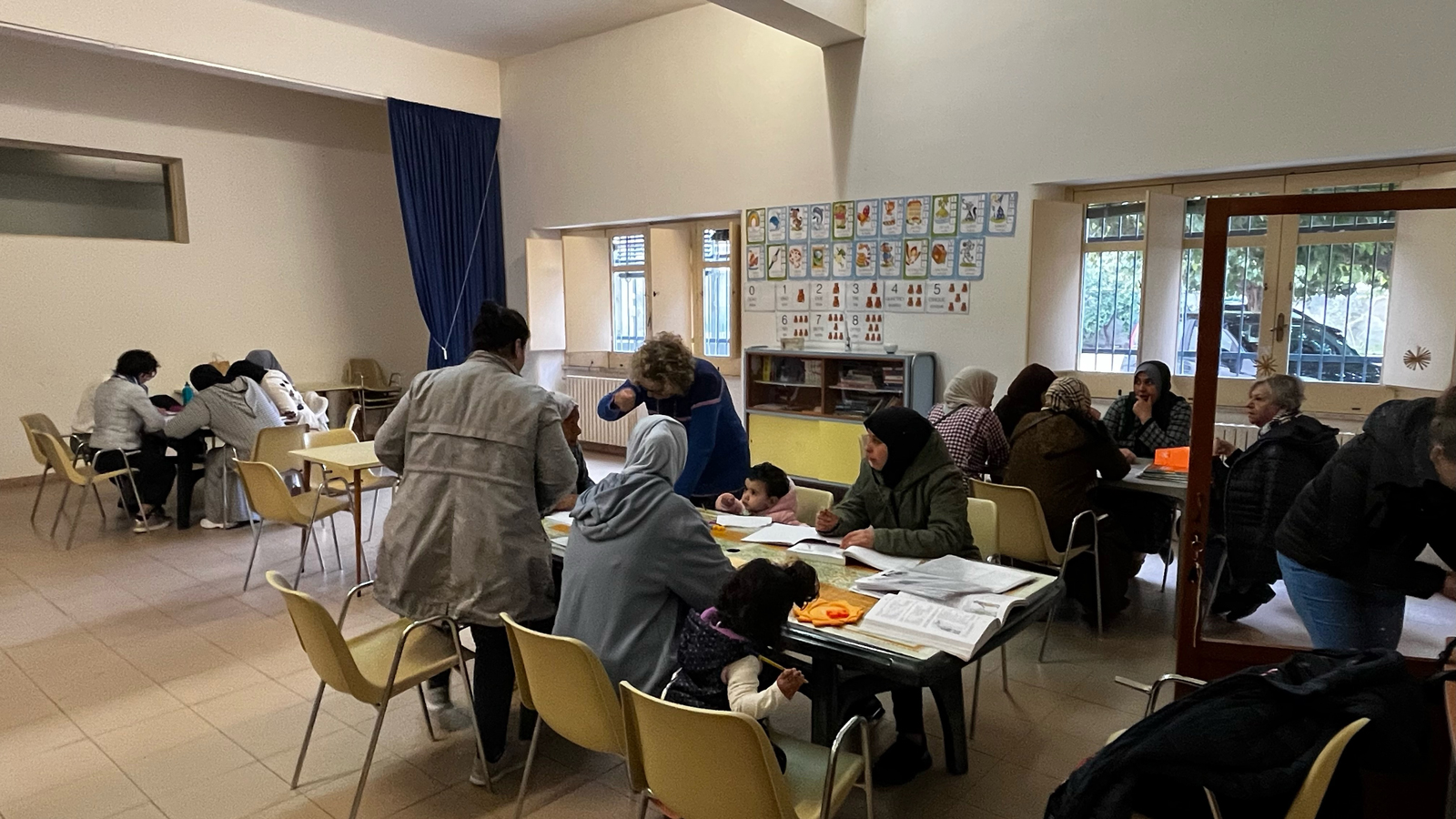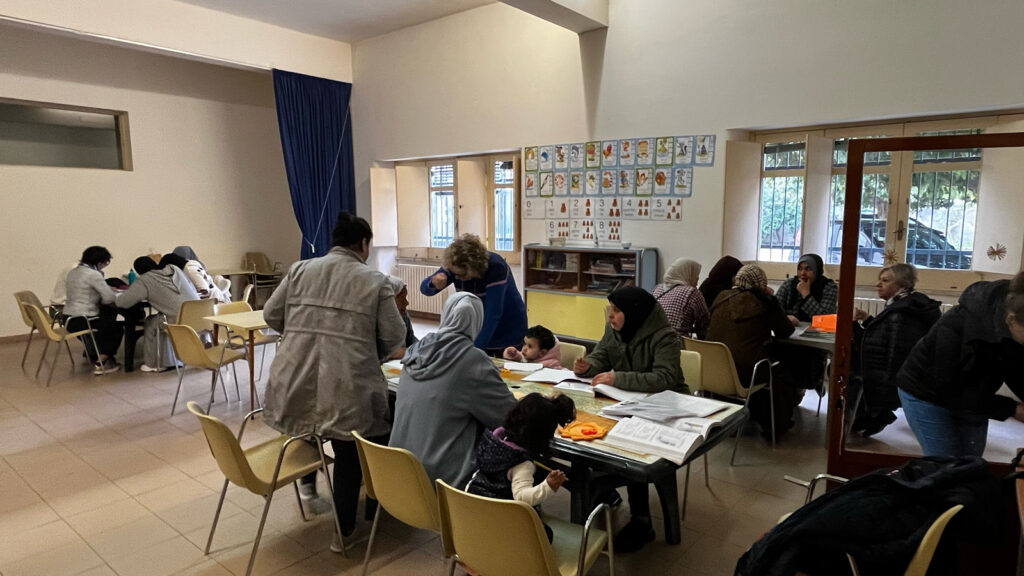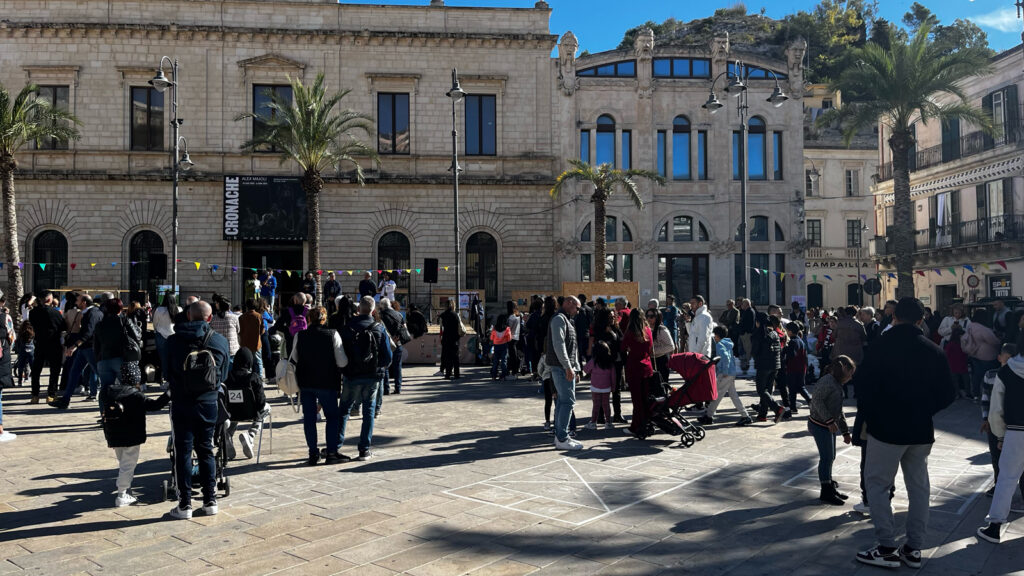Dear all, it has been a while since we have talked and we are here to give you some news as so many of you keep requesting and we apologize for the delay. The days here are very dense and we do not hide the fact that they go by so fast, with such depth and fullness, that we do not even realize that July has begun and it has been a while since we have written :). We start by apologizing for this time, but towards the end of May, to our chagrin, we had problems with the phone plans…the company brutally cut the connection data, so that also did not allow us to give you much news, but thank God, a week ago, they changed everything again, putting a little more data, so we will be more operational and consistent. We hope in the future there won’t be any more cuts, in fact we hope there will be some increases in data, although a little bit we doubt it since there will be new elections in a few months. We have a lot of ideas in our heads, and if the phone plan does not change, we will unveil some ideas soon. This past month, we also received our “first African baptism,” or rather both of us were stricken with malaria. We were very surprised by this, but it allowed us to reflect a lot on what every day, each of them live with this disease, those who can afford to get treatment, and those who lose their lives because they don’t have the money to access to get tested and start treatment and the struggle to recover energy to start again. Because of this, with much sorrow, at the beginning of June, we had to say goodbye to the parish priest of Carapira parish, who had to return urgently, to his homeland, precisely because of continuous malaria. His suffering was so great both because of what he was experiencing because of malaria and because he had to leave this land that he loved so much. For us it was like a bolt out of the blue, because before being a good parish priest, he was a humble brother who was always at the service of everyone, he was just a beautiful witness to see and touch. Anyway, we are also very happy with the Comboni Fathers who are here with us, we are just living and breathing at this moment so much fullness and deep living with them. Every day, we find on both sides, like “a little excuse” to always find each other and build piece by piece a communion of fraternity and true witness. Here close to home, there are also nuns who are part of another religious institute than the Combonians, but even with them we have created just a beautiful relationship of harmony and complicity. This is certainly very important because it allows us to get to know each other and to feel like an extended family, but above all it makes us feel that we are in cordiality with our more lonely and abandoned brothers and sisters, and it allows us to help carry each other’s burdens.
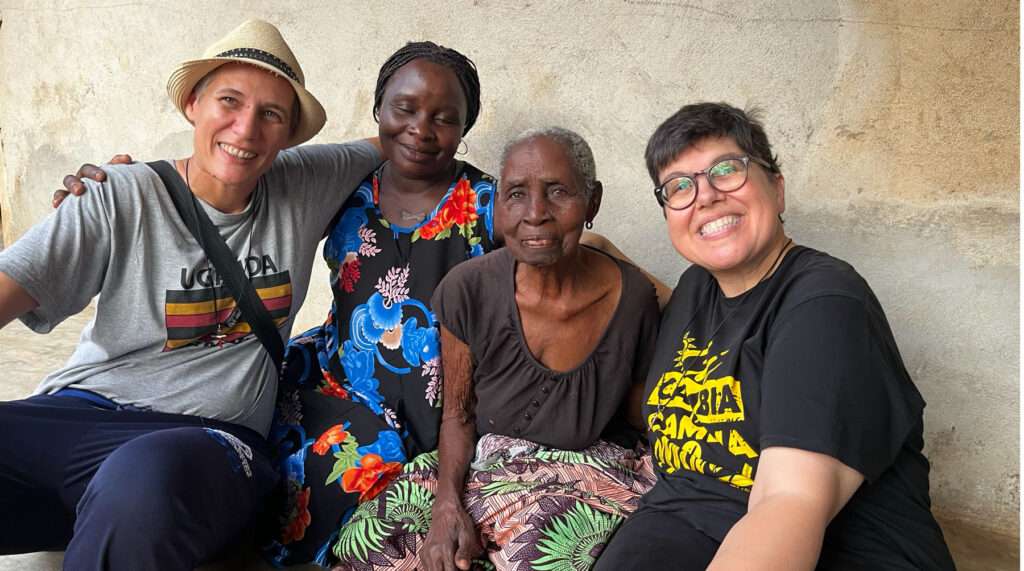
We also received the grace in this time to experience the vigil and patronal feast, just of the parish of Carapira … we were more or less 200 people and it was exciting to live and breathe it together with them. Just think, the vigil lasted a good 4 hours, but it went by in the blink of an eye…there were many communities present who came from far and wide, with even a good number of young people present. Well what can we say about the Macua people…they amaze us more and more and we really feel at home among them and with them…I think this is the most appropriate and correct expression to use to make you understand what they make us experience in the true depth and essentiality of the human person. Every day we feel that we are smaller and smaller in their midst, precisely because we see that their presence is a great enrichment for us in our lives….in reality it is more they who form us than what we try to help them. You should see for yourselves with your own eyes and touch concretely with your own hands, how much beauty that is hidden here in their sores and suffering. Of course, all of this, makes us question a lot about various aspects of our lives, our relationships and how we unnecessarily waste energy and time on futile things. Here the beauty and essentiality is just the famous “being there” as we are and nothing more, which is always what we continue to understand and be stronger and more aware of within ourselves and along our path. In the end, what matters, is not what we do, the service in which we spend ourselves, or the accomplishment of something or ourselves, but the love with which we love these brothers and sisters. We know for a fact, that we will not be the ones to save anyone; on the contrary, they are the real protagonists who are saving us “Westerners.” How much joy it gives us to be among them, to try to say four words in their language, to hug them, to joke with them, to make them smile and to let God do the communion meeting with them. The other day we were reading this little phrase from Don Tonino Bello, which continues to resonate within us in this time: “I invite you to let yourselves be evangelized by the poor. So many times we think that we are the ones who bring the good news to the poor. But they live certain values better than others, such as trusting abandonment to Providence, solidarity in suffering.” Here we think this sentence can represent for good, what is written above! How many things we would like to tell you and try to make you more and more participants… how much we would like the love that touches our hearts, to reach you as well. How much we would like this grace to expand for them. But of one thing we are certain… that the Lord will know how to make our lives flourish along with yours with them. We are certain that the Lord of Life is already working in this. We will never cease to thank you for all the love you send our way, for the union and fellowship of this universal church that continues to expand and that each of us feels a part of. Thank you because your presence makes us feel like an extended family that home is not a place, but it is the people who live there and make you feel… and we feel this home is so big that it embraces our land, with this new land. For many of you, it will be a time of rest, we wish you from the bottom of our hearts that this time, makes you rediscover the essentiality of values and relationships. As we do every day, we remember you in our prayers before Jesus in the Eucharist and ask for your continued prayers for this people and a prayer for Father Jaider as well, that he may soon return to health and continue his ministry wherever the Lord will lead him. And as they say here….
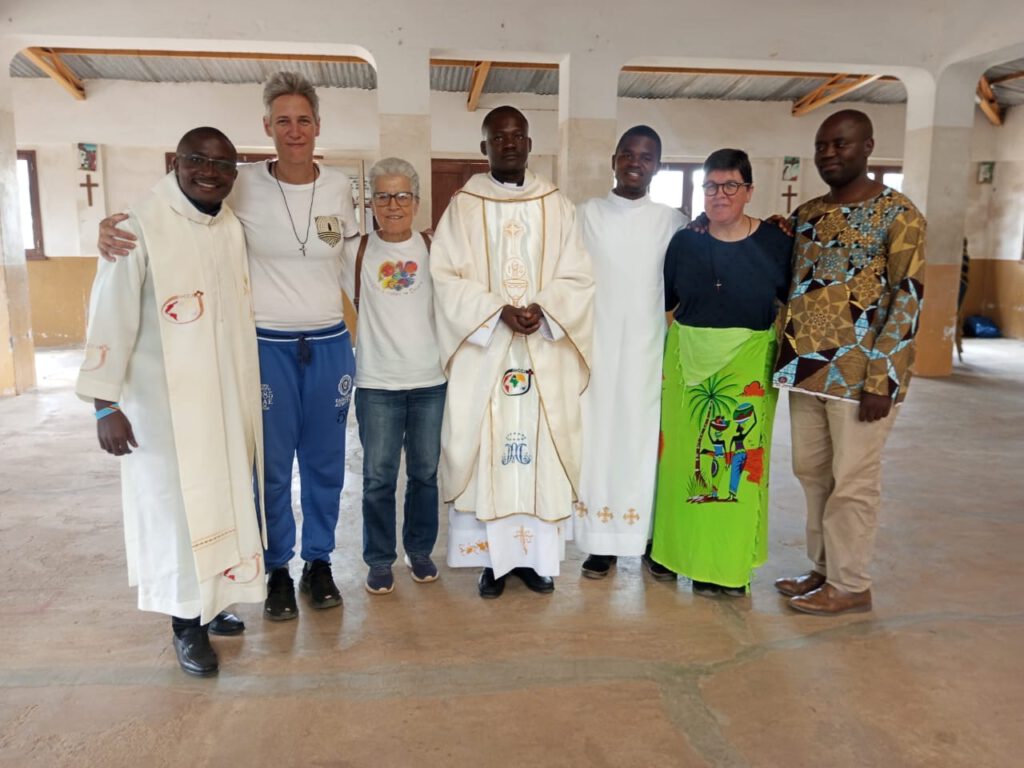
Koxukhuru vanjene (thank you very much) With much gratitude and closeness Ilaria and Federica




